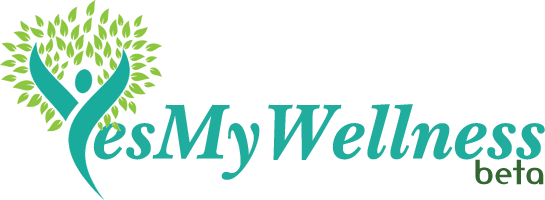Why Overdosing On Vitamin Pills Is Bad For You
Share
In recent years, taking vitamin supplements has become the norm in busy modern lives. In hopes of making up for nutritional deficiency from their daily diets, many assume that it is “the more, the better” when consuming vitamin pills. Even even if the vitamin supplements “do not work”, it is asssumed that, at the very least the supplements will do no harm!
While previous studies advocated the use vitamin pills to help prevent free radical damage, which is linked to cancer and other diseases, the efficacy of such use has since being strongly debunked by research in recent years. More and more studies have pointed out the potential health threats of taking too much vitamin pills. In fact, the U.S. Food and Drug Administration (FDA) and the UK Food Standards Agency (FSA) state that frequent consumption of vitamin pills may pose detrimental health effects.
Potential Health threats Of Taking Too Many Vitamin Pills
Overdosing on vitamin pills, even going just slightly above our body’s tolerable limits could cause numerous adverse reactions and side effects.
For starters, overdosing(or execessive intake of) on :
- Vitamin A could cause fatigue
- Vitamin B6 affects the nervous system
- Vitamin A and D damages the liver
- Vitamin C pill may increase the amount of oxalate in urine, thereby increasing the risk of kidney stone formation. Shockingly, Vitamin C pills are linked to DNA damage in the body, which contributes to cancer
- Vitamin D caused atrial fibrillation (based on a follow-up study that involved 132,000 people!)
- Vitamin E leads to higer risk of osteoporosis
Besides this, long-term use of supplemental vitamins may have adverse side effects like dependency and toxicity. Moreover, concurrent use of vitamin pills and other forms of medication can lead to adverse side-effects. Just to cite an example, take Vitamin E and Aspirin – these are both anticoagulants, and as such, taking them together greatly increases the risk of internal bleeding.
You Might also Like




















